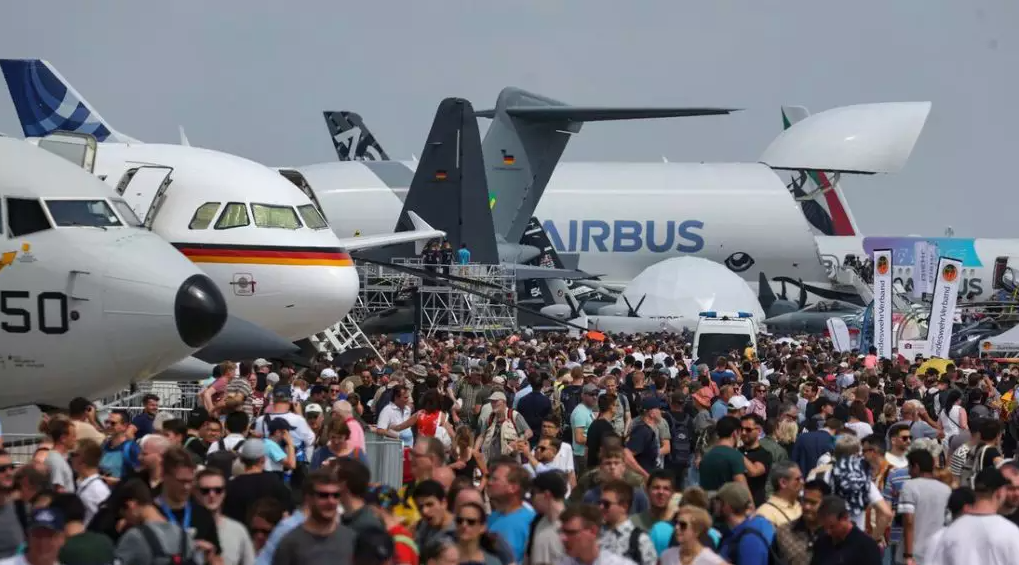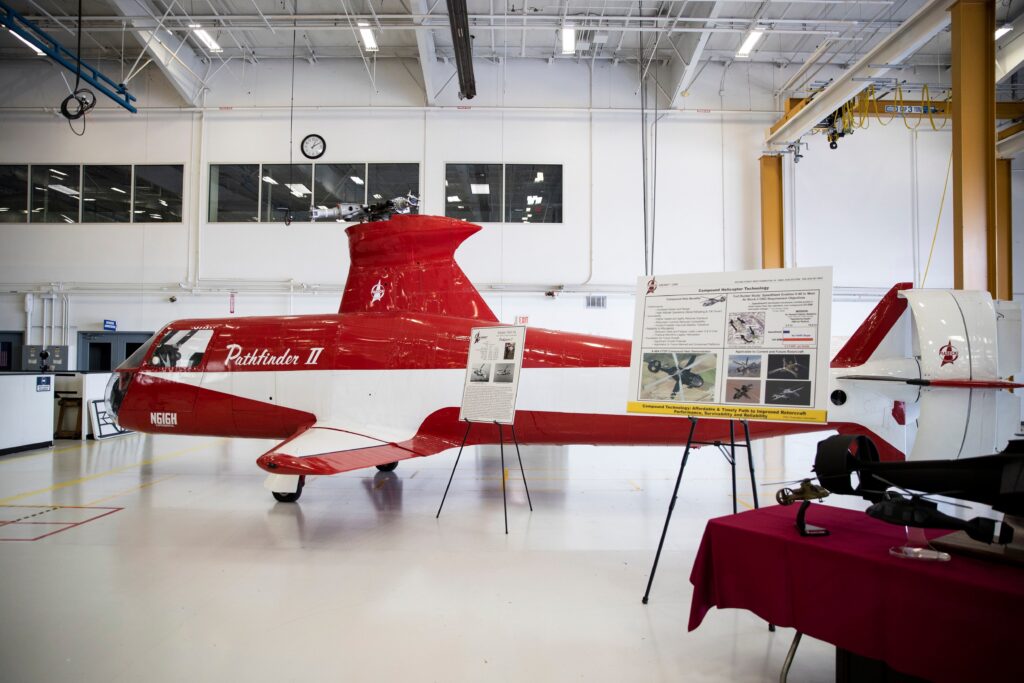Future Aviators Take Center Stage at ILA Berlin
ILA Berlin showcased the latest advancements in sustainable aviation, juxtaposing the future of flight with its historical roots. The event highlighted hydrogen fuel, electric aircraft, and innovative aerospace technologies, setting the stage for the next generation of aviators and industry professionals.

Photo Source: https://www.aerointernational.de/
ILA Berlin showcased the latest advancements in sustainable aviation, juxtaposing the future of flight with its historical roots. This year’s event focused on cutting-edge technologies such as hydrogen fuel, battery-electric aircraft, and sustainable manufacturing practices, all while fighter jets roared overhead, reminding attendees of aviation’s less environmentally friendly past.
Roland Gerhards, CEO of the ZAL Center for Applied Aeronautical Research, highlighted the dualities inherent in the event. Discussions on pioneering aerospace innovations were frequently interrupted by the sounds of traditional jet engines, symbolizing the crossroads between past and future.
The Berlin Expo, framed by the runways of BER Airport, served as the perfect backdrop. The city’s new “unified” Brandenburg Airport encapsulates this blend of old and new, featuring installations from the now-closed Tegel airport and hosting numerous take-offs alongside the airshow displays.
Jan-Peter Haack, spokesperson for BER, emphasized the airport’s focus on innovation and efficiency, despite its turbulent history. The goal is to leverage Berlin’s unique position and smaller scale to introduce new technologies more rapidly, aiming to be faster and more digital than larger hubs like Frankfurt or Munich.

A standout at ILA Berlin was the demonstration of quieter, more efficient aircraft, such as Airbus’s Neo A321XLR and H2Fly’s hydrogen fuel cell technology. Josef Kallo, CEO of H2Fly, discussed the potential of hydrogen power to reduce noise pollution, making short-hop aviation more viable and marketable in small towns across Europe.
Kallo’s realistic approach envisions hydrogen-powered planes for short-distance travel, carrying 40-70 passengers. This shift will require significant infrastructure changes and public acceptance, but the potential benefits are clear, especially in reducing noise and environmental impact.
Despite the event’s emphasis on business networking and technology showcases, ILA Berlin also served as a platform for inspiring the next generation of aviators. The final days of the event, focused on public engagement, saw a surge of students and families, underscoring the importance of fostering future talent in the aerospace industry.
As Brandenburg’s Minister-President Dietmar Woidke noted, ILA Berlin remains a crucial venue for the aerospace sector, blending historical significance with a forward-looking vision. The event’s successful blend of industry innovation and public engagement sets a promising course for the future of aviation.






